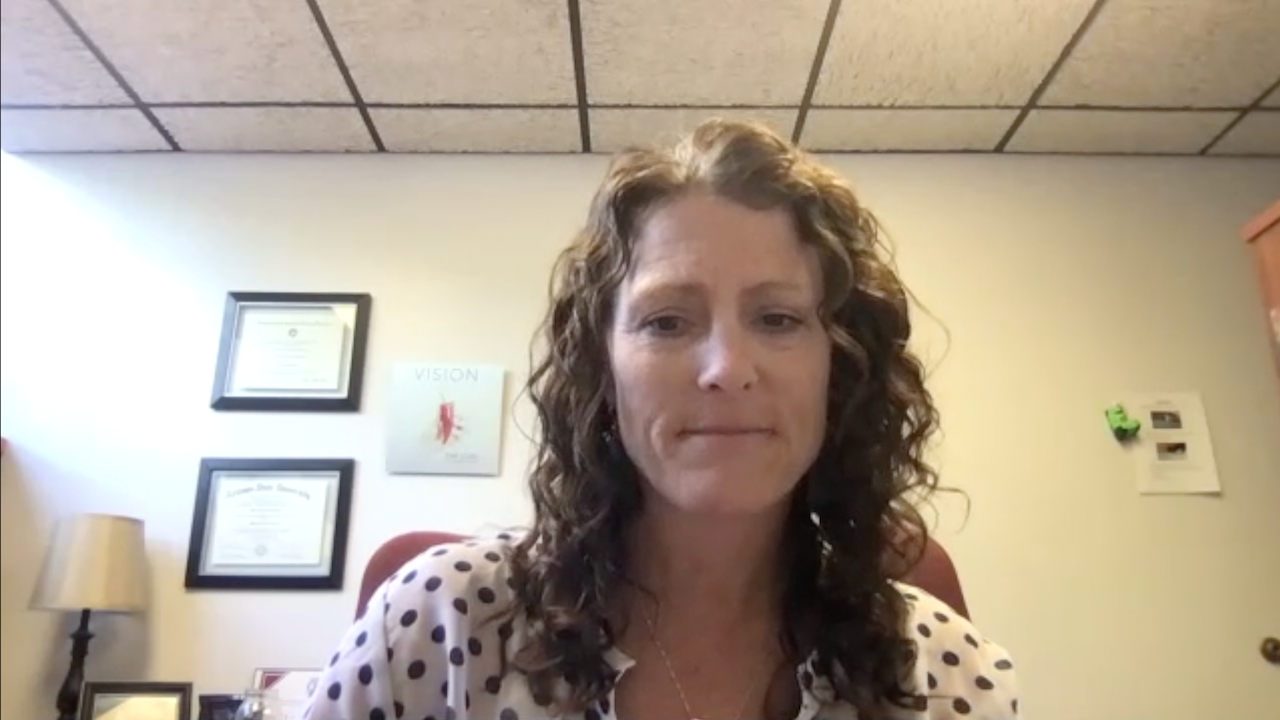Dr Laurie Slovarp on Prevention and Suppression of Chronic Cough Events
[ad_1]
Most people know what triggers their chronic cough and how to temporarily suppress it, said Laurie Slovarp, PhD, CCC-SLP, associate professor in the School of Speech, Language, Hearing and Occupational Sciences at the University of Montana.
Transcription
Do patients with chronic cough usually know what they are sensitive to or is this included in the treatment?
Some patients are very conscious, others are not. I find that most people who are really sensitive to smells are quite aware of it, especially when I ask them things like “do you skip the soap aisle at the grocery store?” Or “Do you avoid going to Bath and Body Works?” And even though I asked them, “Do you know what triggers your cough?” they can even say “Noâ€, but then I ask them that question and then they say, “Oh, yes, I doâ€. So, some people are really conscious, but others are not at all. Some patients will say that they don’t feel it coming, as if there was no warning. But then, during the shoot, right in front of me, I can tell that a cough is coming and I can show it to them and say, “You see, you know that. You feel it coming because I can tell that you are trying to. not to cough right now. ” So much of the therapy also increases their awareness of what feeling is coming, even if it is very brief, but also what is causing you to cough.
Do patients generally realize that there is something they can do to stop their chronic cough?
It’s pretty common for people to say, “Well, sometimes clean water helps. “Sometimes I have a few patients who have said,” If I breathe in a certain way, I can make it go away. But this is not very common. The other thing is, even if they’ve found a way to remove it, it’s usually only temporary because the removal, especially at first, can take a while. So I say to people, “You may have to do this particular breathing strategy for 2-3 minutes before the feeling goes away. And usually when they try to suppress, it’s only for a few seconds to a minute, during which they just try to get to another room so they can cough. Usually they feel like they can push it off for a little while, but not completely. And they were never told that if they succeeded in removing systematically, it would be an effective treatment.
[ad_2]


Comments are closed.